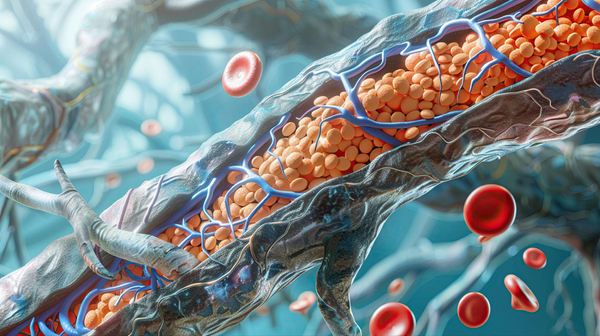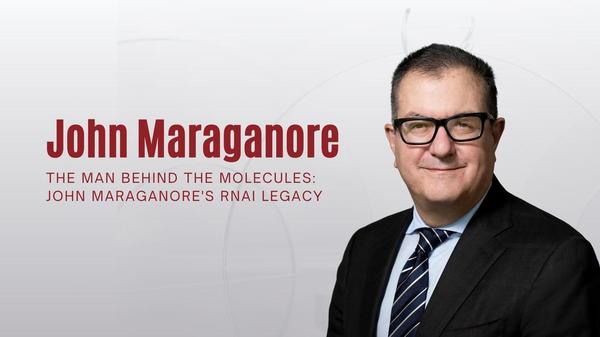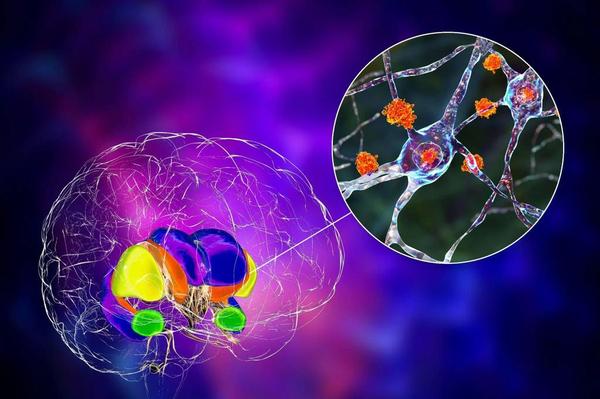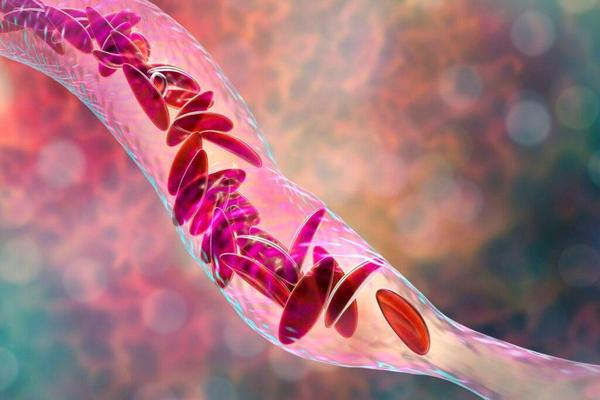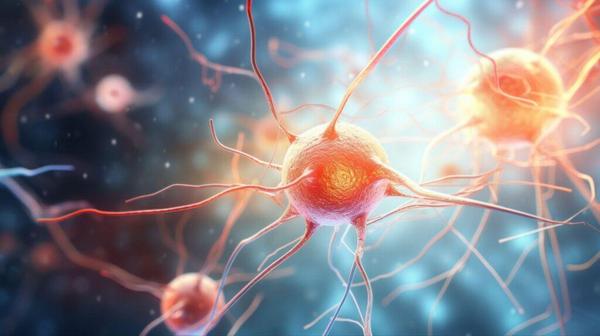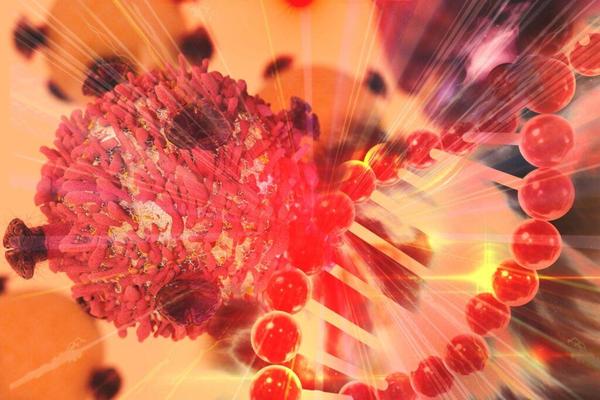
Targeting the Kidney: The Promise of RNA-Based Therapeutics - Oligonucleotide Therapeutics Society
When Yessenia Gutierrez was just nine years old, her kidneys failed; at 10 years old, she received her first kidney transplant. Gutierrez was born with polycystic kidney disease (PKD), a genetic condition that makes fluid-filled cysts grow on the kidney and can lead to kidney failure.
Growing up, Gutierrez had to stop attending school due to her frequent doctor visits and three-times-a-week dialysis treatments, which each lasted three hours. While the transplant was initially successful, within...
Growing up, Gutierrez had to stop attending school due to her frequent doctor visits and three-times-a-week dialysis treatments, which each lasted three hours. While the transplant was initially successful, within...


